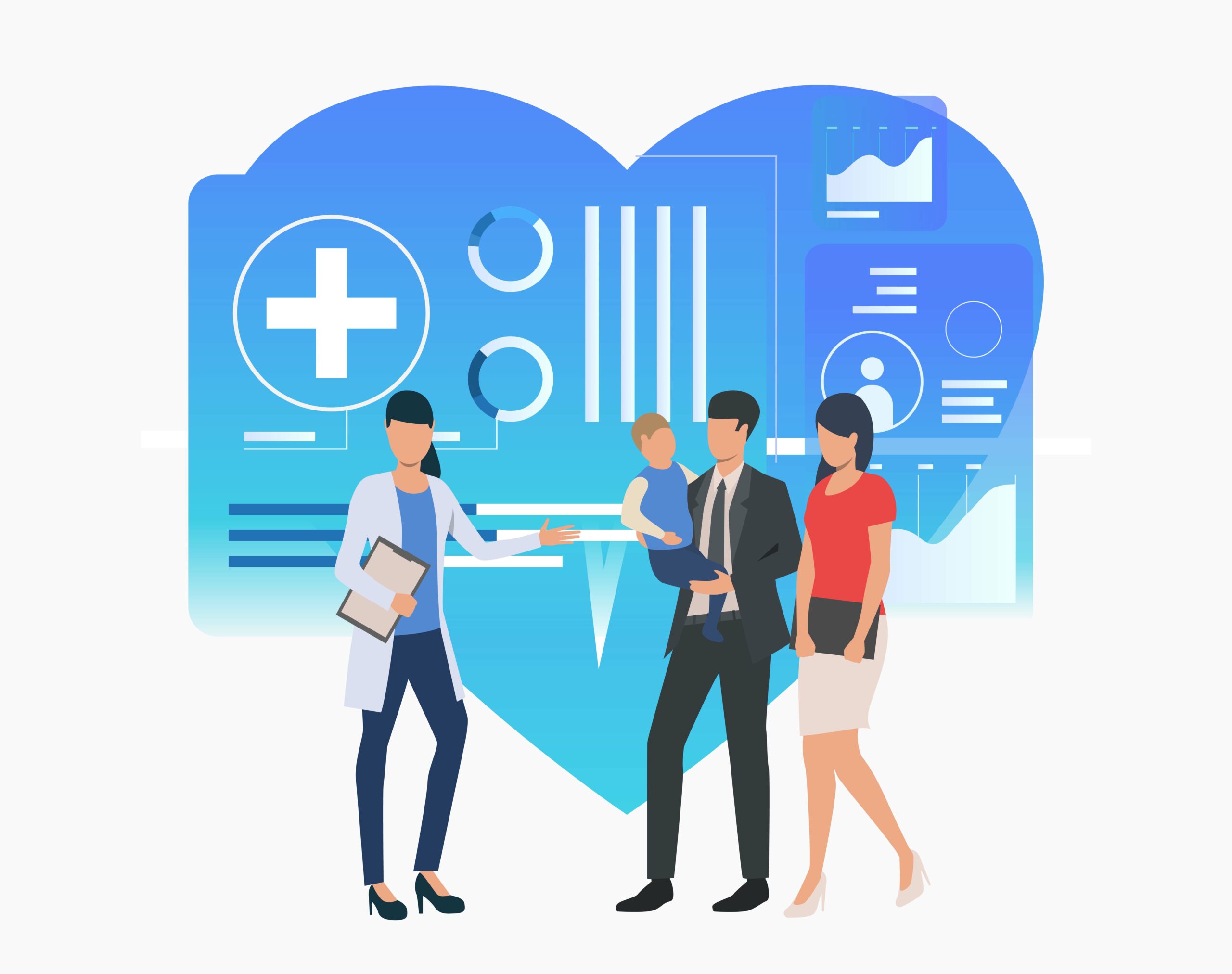In the rapidly evolving landscape of healthcare, the adoption of Customer Relationship Management (CRM) systems in patient management has emerged as a crucial tool for improving the quality of care and operational efficiency. By integrating CRM systems, healthcare providers can offer a more personalized, responsive, and effective healthcare experience. This article delves into how CRM systems transform patient management, highlighting their benefits, features, and real-world applications.
What is a CRM System in Healthcare?
A CRM system in healthcare functions similarly to CRMs in other industries, focusing on relationship management. However, in healthcare, these systems are tailored to manage detailed patient information, interactions, and communications across various service touchpoints. The goal is to streamline operations, enhance patient engagement, and improve healthcare outcomes by maintaining comprehensive patient profiles that include medical history, treatment plans, and personal preferences.
Key Benefits of CRM Systems in Patient Management
1. Improved Patient Engagement
CRMs facilitate more consistent and personalized communication with patients. Automating appointment reminders, follow-up emails, and health tips, these systems help maintain continuous engagement, which is crucial for chronic disease management and preventive care.
2. Enhanced Coordination of Care
With a CRM, healthcare providers can easily share patient information across departments and specialties, reducing the risk of errors and ensuring that everyone involved in a patient’s care is up-to-date. This integration supports a more holistic approach to patient health.
3. Data-Driven Insights
CRMs are equipped with tools for analyzing patient data and identifying trends. These insights can lead to better resource allocation, improved service delivery, and personalized treatment plans, significantly impacting patient outcomes.
4. Increased Operational Efficiency
By automating routine tasks such as scheduling and patient data entry, CRM systems free up healthcare professionals to focus more on patient care rather than administrative tasks. This efficiency not only reduces costs but also improves patient satisfaction.
Key Features of a CRM System in Healthcare
1. Patient Profile Management
This includes comprehensive records of patient interactions, treatment history, and personal data. These profiles help craft personalized care plans and manage the overall patient journey.
2. Appointment Scheduling and Management
CRMs often feature robust scheduling tools that integrate with existing calendars and provide real-time updates, reminders, and scheduling options to patients via mobile or online platforms.
3. Communication Tools
Integrated messaging systems within CRMs allow for seamless communication between patients and healthcare providers, supporting a range of communication methods such as emails, SMS, and even instant messaging.
4. Reporting and Analytics
Advanced analytics tools in CRM systems help monitor health outcomes, patient satisfaction, and operational performance. These reports are crucial for continual improvement in healthcare services.
Real-World Applications
Case Study: St. Luke’s Hospital
St. Luke’s Hospital implemented a CRM system that facilitated better chronic disease management by automating patient communication and reminders. This led to a 30% improvement in patient adherence to prescribed treatment plans and a 15% reduction in hospital readmissions.
Future Trends in CRM and Patient Management
The future of CRM systems in healthcare points towards more advanced integration with Artificial Intelligence (AI) and machine learning technologies, predictive analytics, and enhanced mobile functionalities. These advancements promise even greater efficiencies and improved patient care delivery.
Conclusion
CRM systems are proving to be indispensable in modern healthcare environments. With their ability to improve patient engagement, streamline operations, and provide actionable insights, CRMs are not just enhancing patient management; they are transforming the entire healthcare experience. As technology continues to advance, the role of CRM in healthcare will only grow, making it an exciting time for innovation in patient care management.







